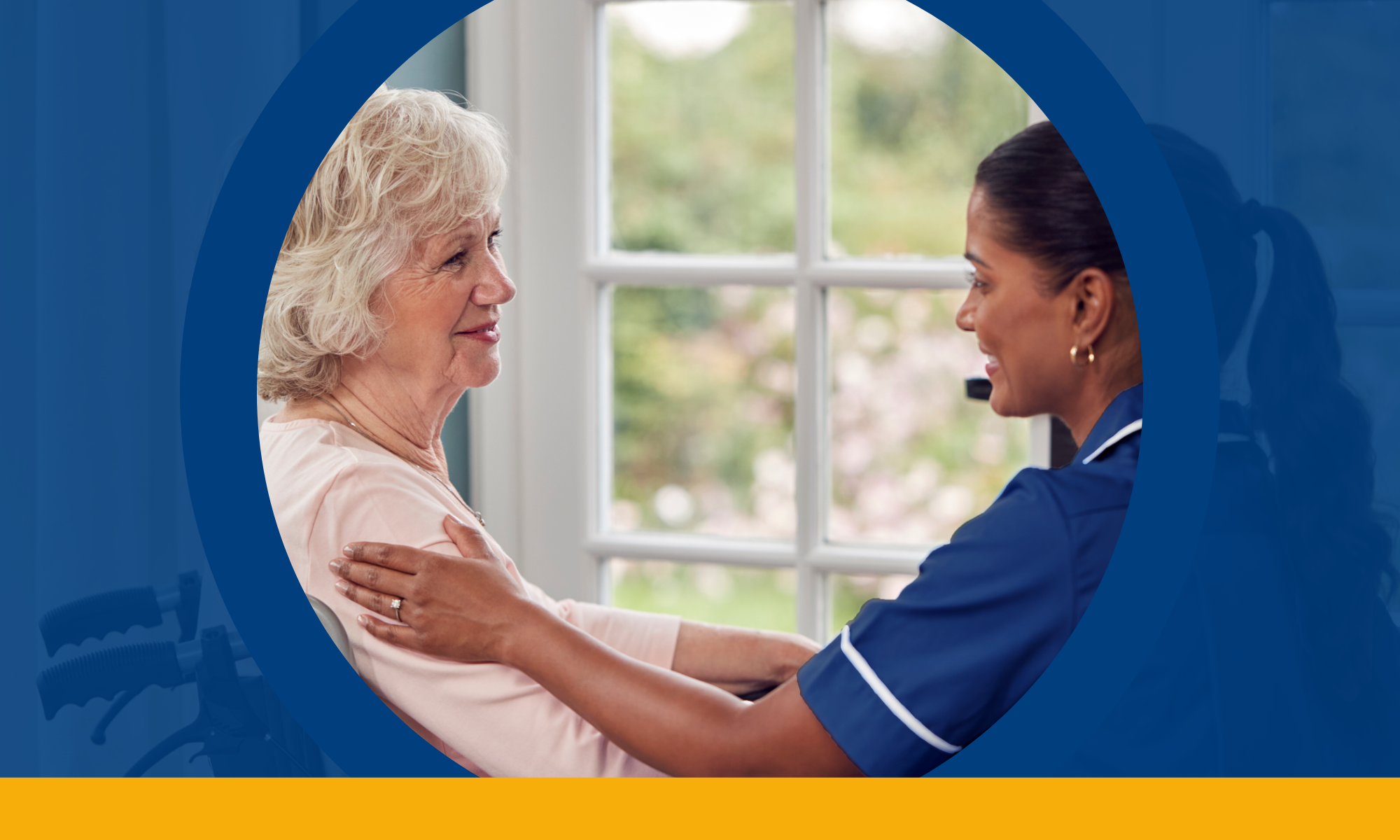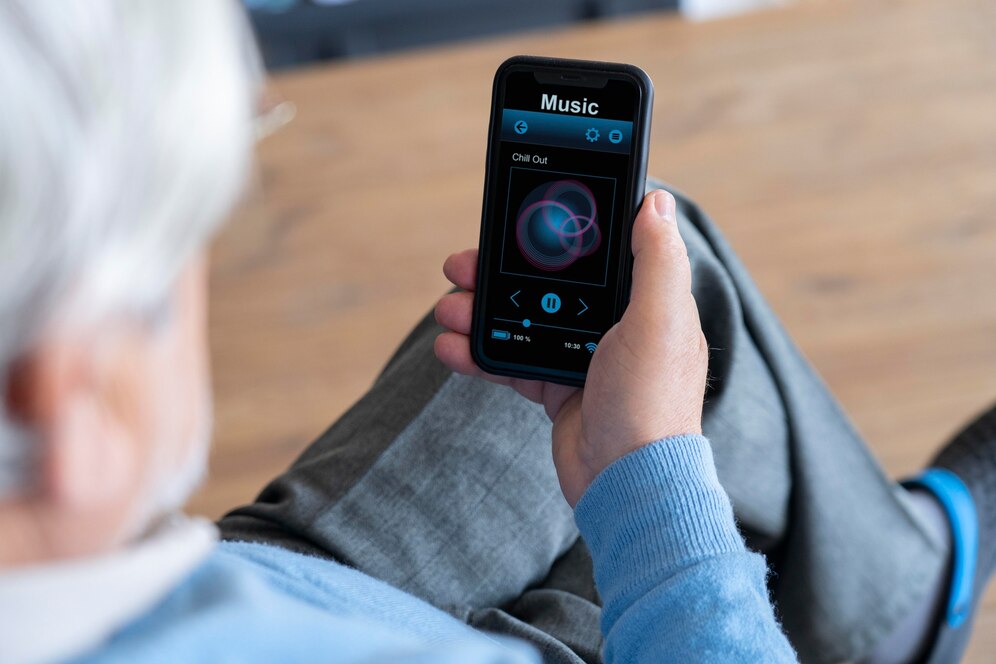The Benefits of Homecare for People of All Ages
Many families are turning to homecare as a way to provide the best possible care instead of sending their loved ones to a long-term facility. Caring for a loved one can be difficult and expensive, however homecare is becoming increasingly popular among people of all ages who want the comfort and convenience of receiving professional health services in a familiar environment, without sacrificing quality medical attention. The benefits of homecare for people of all ages, from young children right through to seniors, can be seen in many different aspects of daily life.
Around 70 % of those using home healthcare services are aged 65 and older.
Need help deciding what type of homecare is right for your loved one?

Independence and Comfort
Aging adults can maintain their independence by staying in their familiar home environment, which often contributes to a sense of comfort and security. Homecare allows individuals to follow their daily routines and engage in activities they enjoy, enhancing their quality of life. This provides a unique solution and offers personalised care in the comfort of one’s own home promoting routine and consistency for those who thrive on familiarity. It aids in the preservation of relationships and community involvement.
Individuals of all ages can benefit from these services. For those recovering from surgery or illness, it can aid in a speedier recovery and promote overall wellness and other such benefits.
Myhomecare Testimonial
“I have had homecare assistance for my sister since the early part of this year 2022. I have found them to be courteous, helpful and efficient especially if there is a problem which has arisen. They are always contactable.”
Noeleen-Dublin

Personalised Care
Whether a senior, someone living with a disability, or a busy family in need of support, homecare services can be tailored to meet individual needs. Personalised care allows the caregiver to understand the unique circumstances of the person they are looking after, and provide for them in the best way possible. This approach to creating care and care plans goes beyond a person’s surface needs and takes their preferences, cultural background, interests and routines into account. Personalised care is not just about keeping someone safe, its about enhancing their quality of life. This type of care can build a deeper rapport between the carer and the person in need of care, which helps to remove any feelings of loneliness or isolation, making a big difference in someone’s life.
Cost-Effective
Homecare is often more cost-effective than inpatient care in hospitals or long-term care facilities. It can help reduce healthcare costs while still delivering high-quality care and is an ideal solution for those who wish to receive personalised attention without going over budget. These services often have transparent pricing structures, making it easier for individuals and their families to budget for care. From daily living tasks to medical assistance, it provides a range of services that cater to each individual’s unique needs while being cost-effective.
Homecare with Myhomecare
• Each client has their own needs and requirements which is why we don’t believe in a one size fits all approach.
• Our tailor-made homecare services and packages cover a wide range of services from basic home help and befriending to advanced nursing care and supported hospital discharge.
• Our carers enjoy their roles and remain working with us, so you have a familiar face who knows your specific needs and routines.
Contact Myhomecare today to see how it can benefit you or your loved one.
Staying connected to the community in unique and meaningful ways is possible and an invaluable care service that can be tailored according to each individual’s personal needs, maintains independence and comfort as well as being cost-effective. Whether it’s for seniors looking to age at home in comfort, individuals recovering from surgery or illness, or those with chronic conditions, it’s a type of care that supports them all individually.






















